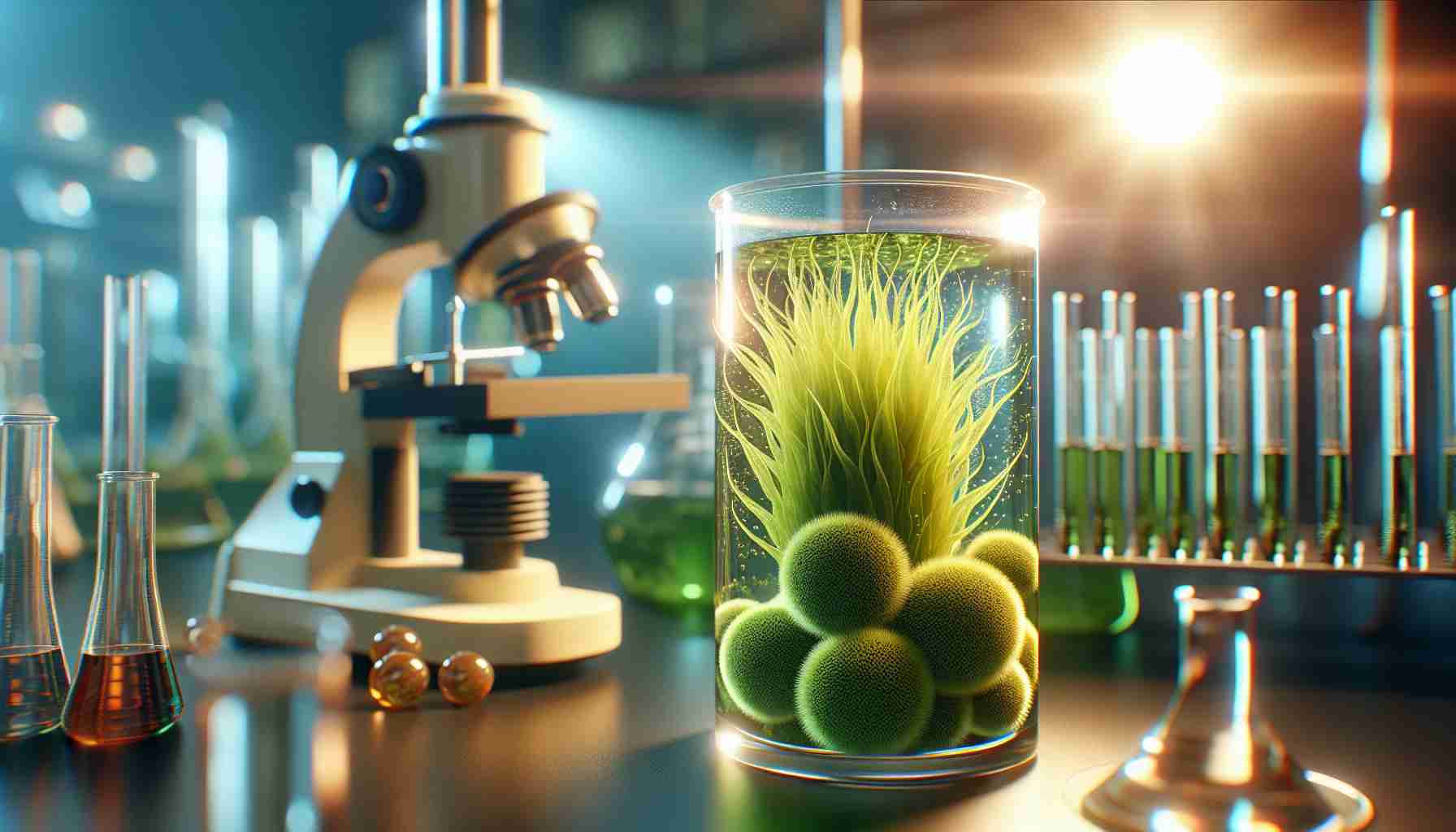In the relentless pursuit of sustainable and eco-friendly energy sources, a surprising contender has emerged from the depths of water bodies: algae. Researchers are increasingly turning to these simple organisms as a potential powerhouse for the future of energy production. The concept isn’t new, but the technologies harnessing the potential of algae are advancing at a rapid pace, offering a fresh perspective on renewable resources.
Algae’s appeal lies in its ability to rapidly convert sunlight into energy through photosynthesis, much faster than terrestrial plants. This makes it an efficient and renewable source of biomass that can be converted into biofuels, bioplastics, and even electricity. The latest advancements in biotechnology have significantly improved the efficiency of algae cultivation and conversion processes, making them more viable for industrial use.
One of the most promising developments is the use of genetically engineered algal strains, capable of producing higher yields of lipids and other valuable compounds under controlled conditions. This has the potential to greatly reduce our reliance on fossil fuels and cut carbon emissions.
Moreover, algae not only yield clean energy but also aid in carbon capture and help in wastewater treatment, presenting a multi-faceted solution to environmental challenges. As we move towards a more sustainable future, the integration of algae-based technologies into our energy systems could prove revolutionary.
With ongoing research and investment, algae might soon transform from pond scum to a key player in the global energy landscape, promising a greener future for our planet.
How Algae Could Revolutionize Our Energy and Environmental Solutions
In an era where the quest for sustainable energy is paramount, algae are emerging as a powerhouse of potential—beyond what many might imagine. While researchers have long recognized algae’s efficiency in converting sunlight into energy, recent breakthroughs are unveiling even more revolutionary possibilities for humanity.
What new breakthroughs are emerging? Advances in genetic engineering have unlocked algae’s ability to produce not just biofuels, but also pharmaceutical compounds and cosmetics. Some engineered strains are now being tailored to secrete specialized bioproducts, dramatically reducing production costs and expanding potential uses.
What are the ecological impacts? Algae’s role in carbon capture is just the beginning. These organisms can significantly alleviate the environmental strains of wastewater by absorbing nutrients and heavy metals, presenting a dual-purpose solution for cleaner water and air.
Are there controversies or challenges? While algae offer numerous benefits, mass cultivation requires a careful balance to avoid disrupting aquatic ecosystems. Moreover, the commercialization of genetically modified algae poses regulatory challenges and potential public concern over ecological impacts.
Advantages and disadvantages: A key advantage of algae-based technology is its versatility. Algae can grow in diverse environments, not competing with agriculture for land, and they offer a higher yield per acre than most crops. However, challenges lie in scaling technology cost-effectively and ensuring ecosystem protection.
For those interested in further exploration, sites like ScienceDaily provide in-depth looks into ongoing algae research. Algae’s potential is vast, and its continued development could indeed reshape our approach to energy and environmental management.







